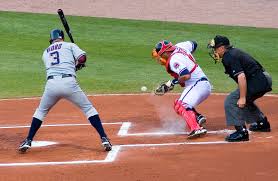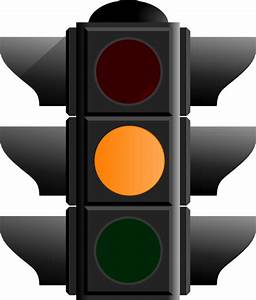Some may have a problem with this title
Such contradictions of sort can’t be vital,
But blame your praises on the language
And by the end of this poem find courage.
In English language there are synonyms
These are words that mean the same thing,
Opposite to these would be the antonyms
Moving from the ending to the beginning.
Then there are words we call homonyms
These are spelt differently but sound alike,
The wonder of wonders is the contronym
One word, opposite meanings: a huge mite.

Aught can mean
nothing or it can mean all
Dyke can mean a
ditch or might mean wall,
Give out may
produce or stop production
Buckle is fall
apart; fasten: the other option.
Grade is to level
but can also be to incline
Show or hide is screen
based on the time,
Fix is to restore
but also means castrate
Like an old house or deny a dog its mate.
Cleave to
separate or together they will cling
Cut a piece of meat or simply stick something,
Left means who
remain or also who departed
Wind up is at the
end or a watch when started.
Out may mean the
stars or a bulb that’s blown
Out of is outside
or “work out” of one’s home,
Put out is to
generate or just put out the light
Miss or hit in two games is regarded as a strike.


Then we have transparent,
obvious or invisible
One may be a glass or a person quite discernible,
Oversight is
responsibility; maybe just an error
Fast may be
unmoving or quickly coming terror.
First degree may
describe a least severe burn
Or a most severe murder a juror should learn,
Handicap is
advantage given to some in a race
Also disadvantage in life that some people face.
Clip like cleave
may mean to fasten or detach
Bolt is to secure
or a horse that’s hard to catch,
Dusting is to add
tiny particles to solve a crime
Or remove tiny particles so that things may shine.

Adding seasonings to our food is to garnish it
And yet to garnish
one’s salary is to subtract a bit,
I am starting to end having completed the start
I will share one more verse and then we will part.

For some reason or other I avoid an odd number
What does one do when the stoplight says amber?
Whoever heard of a stoplight that knows colour?
And if it’s a stoplight why move at all, why bother?
Count all these verses and they number thirteen
I’ve added two more verses; I know you’ve seen,
Twice I have lied yet
I have told you the truth
Check after verse eleven and you’ll have the proof.
Stewart
Russell © 2014
No comments:
Post a Comment